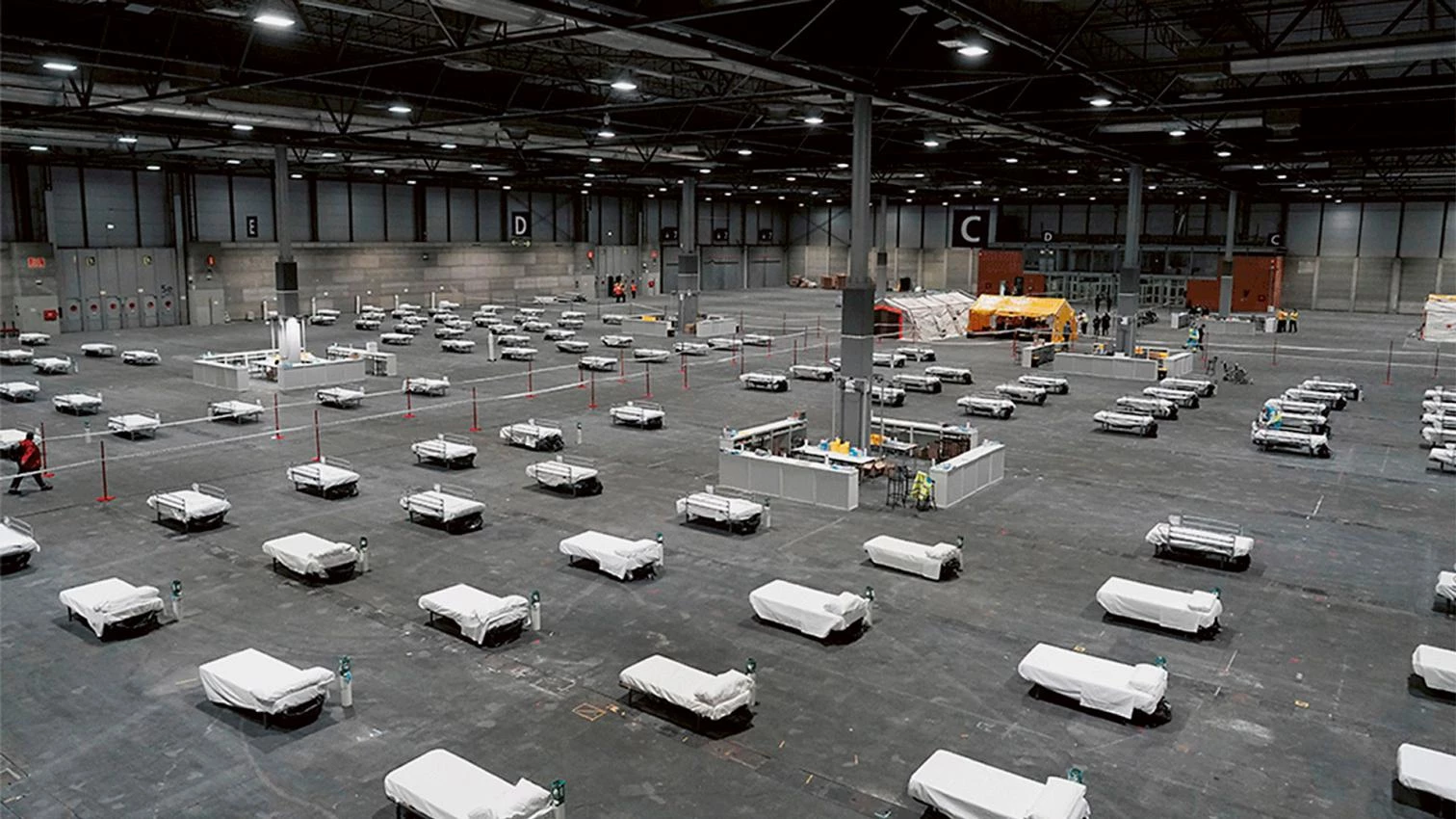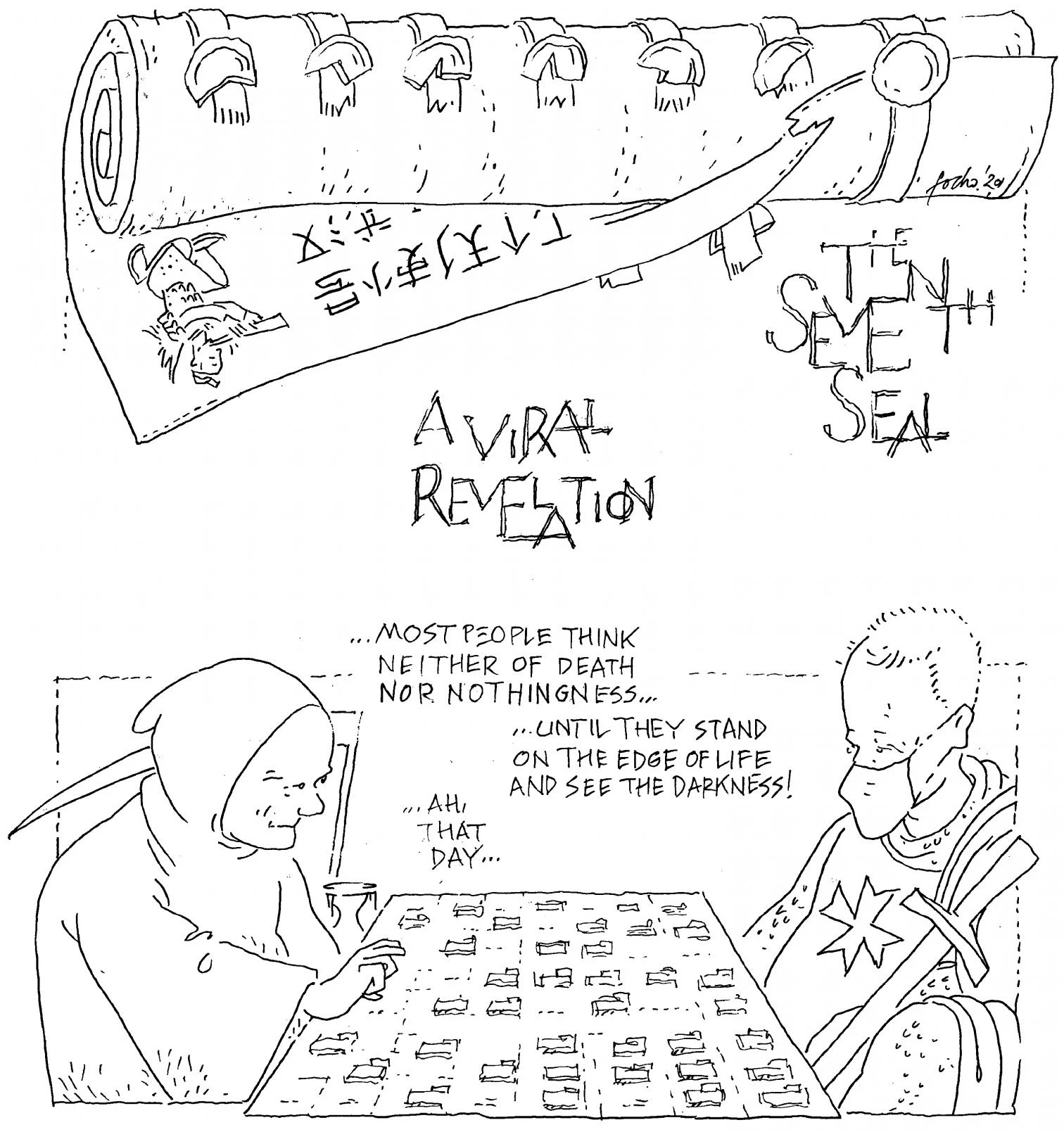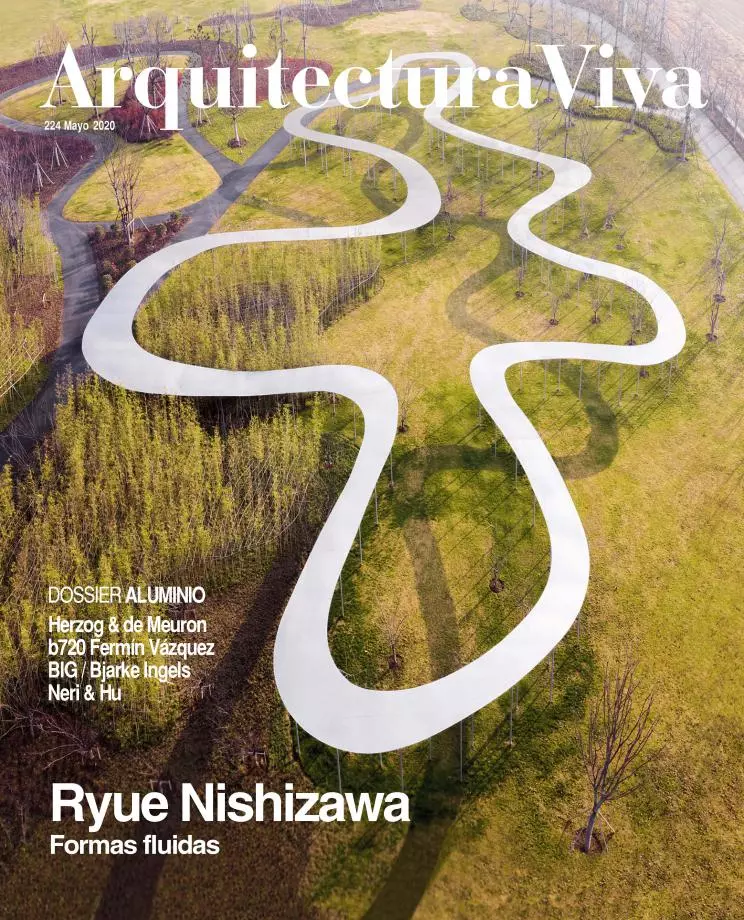
May you live in interesting times.” The Chinese curse seems crafted to define our times of crisis. First was the political and ideological crisis provoked by the destruction of the World Trade Center in 2001; then came the profound financial crisis that, from 2008 to 2014, gripped the world economy; and now we have this health crisis caused by a virus that is spreading uncontrollably all over the globe and putting on hold the fundamental principles of our contemporary societies: economic exchange and social exchange.
Compared to previous crises, the Covid-19 calamity is more disturbing in dimension due to overlapping, and also more difficult to address because the cure involves less action than hunkering down and staying put. As shown by the cartoon where Focho evokes a famous scene from the film The Seventh Seal, the death brought on by the epidemic enters surreptitiously, sneaking in through the insignificant fabric of our everyday existence; it rears no expressly violent head, although it can in fact result in scenes as terrible as Madrid’s Ifema tradefair premises, turned into a field hospital, or even as spine-chilling as the city’s main ice-skating rink, now a provisional depository of coffins.
Despite repeated warnings about the epidemiological risks associated with globalization, climate change, and the Chinese practice of eating animals without sanitary regulation, our societies are not prepared for a crisis of this magnitude. A silent crisis which, barring the crammed hospitals and morgues and the augmented control exercised by governments, does not seem to have more impact on daily life than the oppressive mandatory confinement, but which without a doubt is opening deep wounds. Wounds in the tissue of health and in the tissue of the economy, naturally. But also wounds in our way of life, as much in what concerns borders between countries as in all that which has to do with the ethics of medical care and hygiene. In the final analysis, wounds also bound to affect the manner in which we think of buildings and cities.






